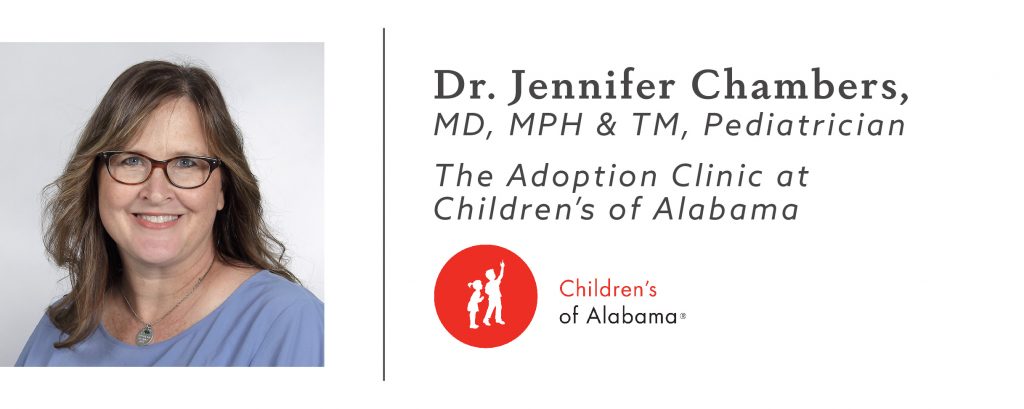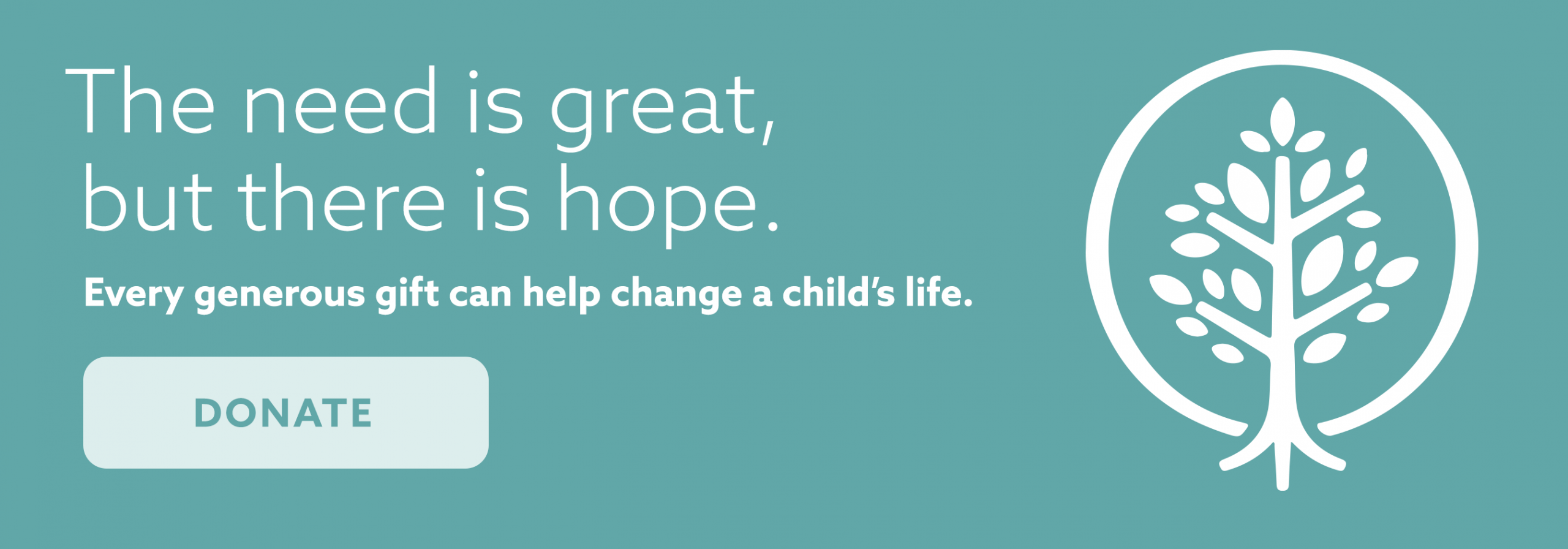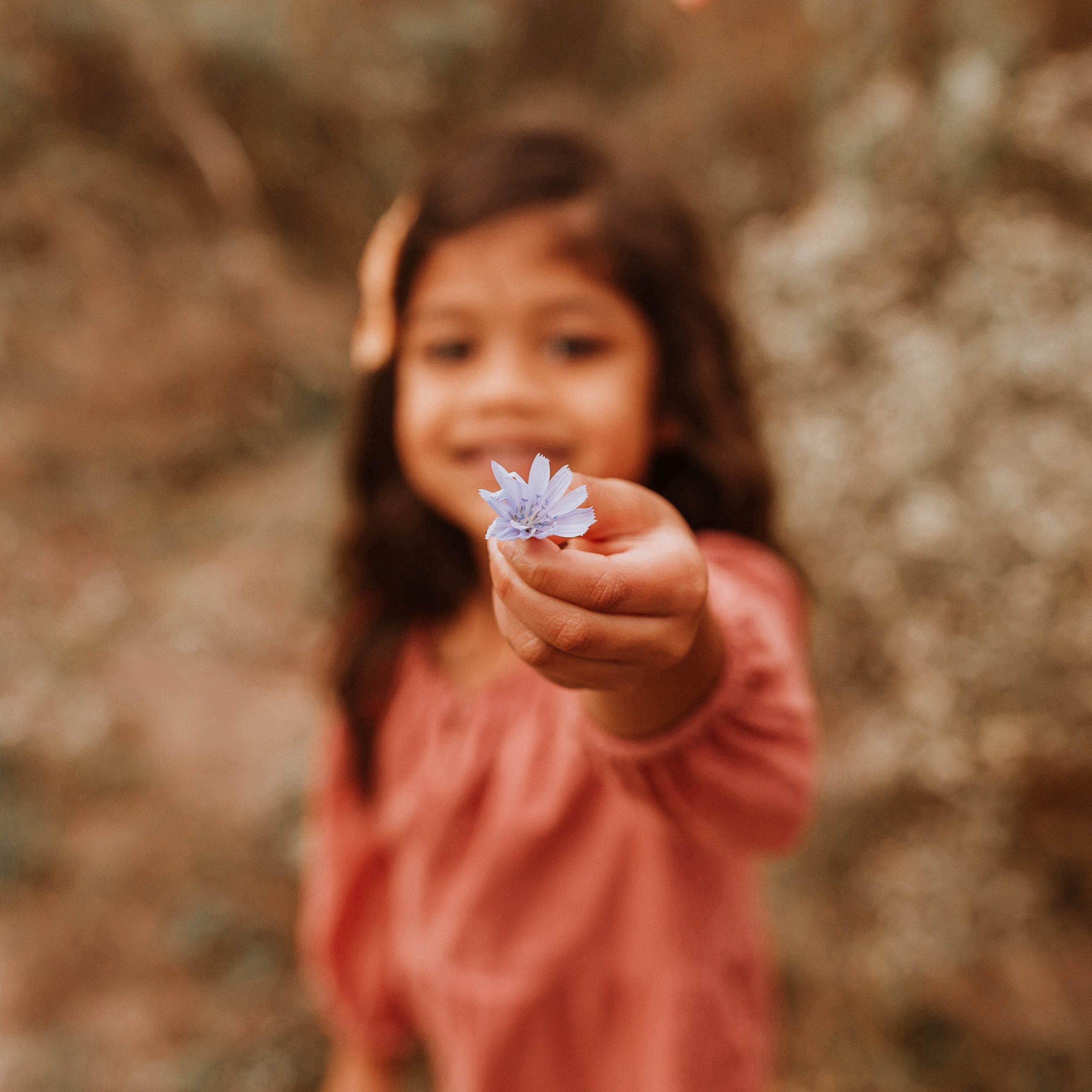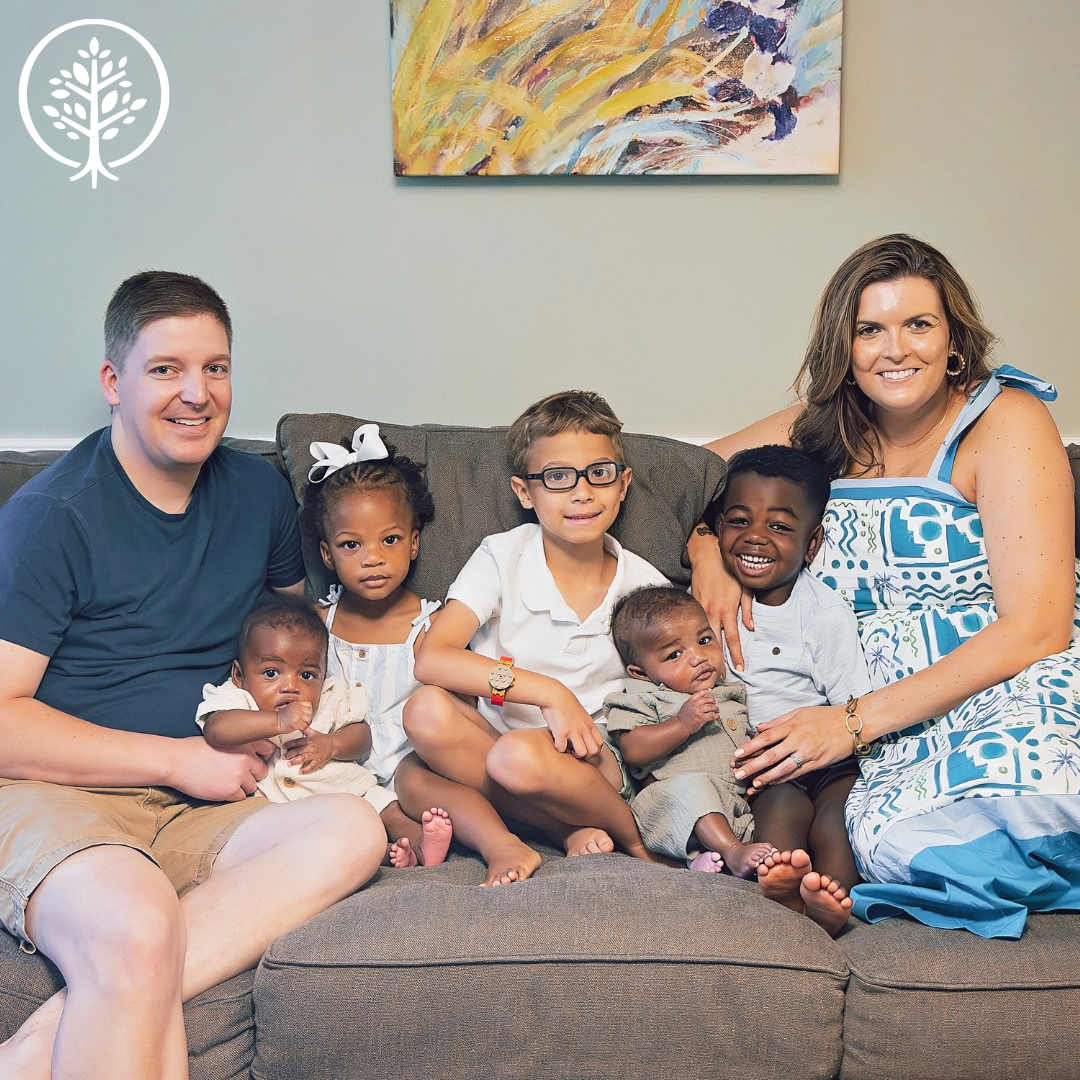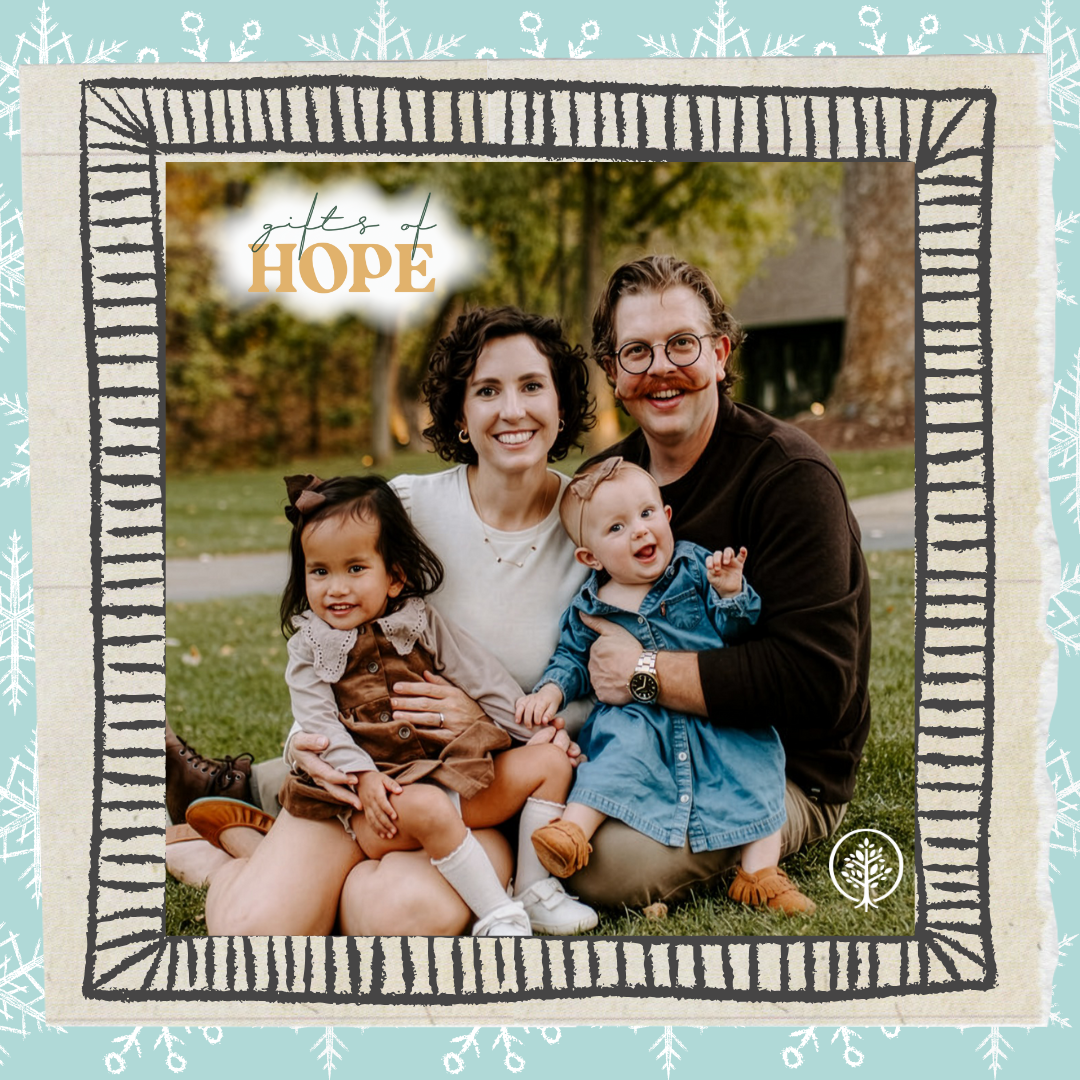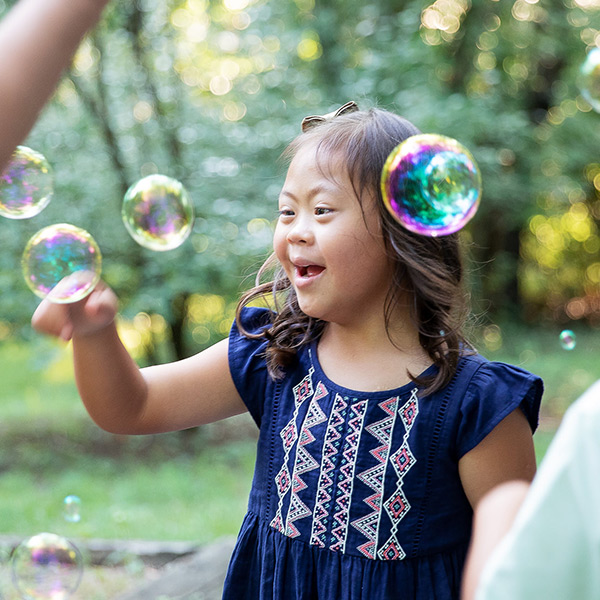The Adoption Journey and Medical Special Needs: A Q&A With Dr. Jennifer Chambers From The Adoption Clinic at Children’s of Alabama
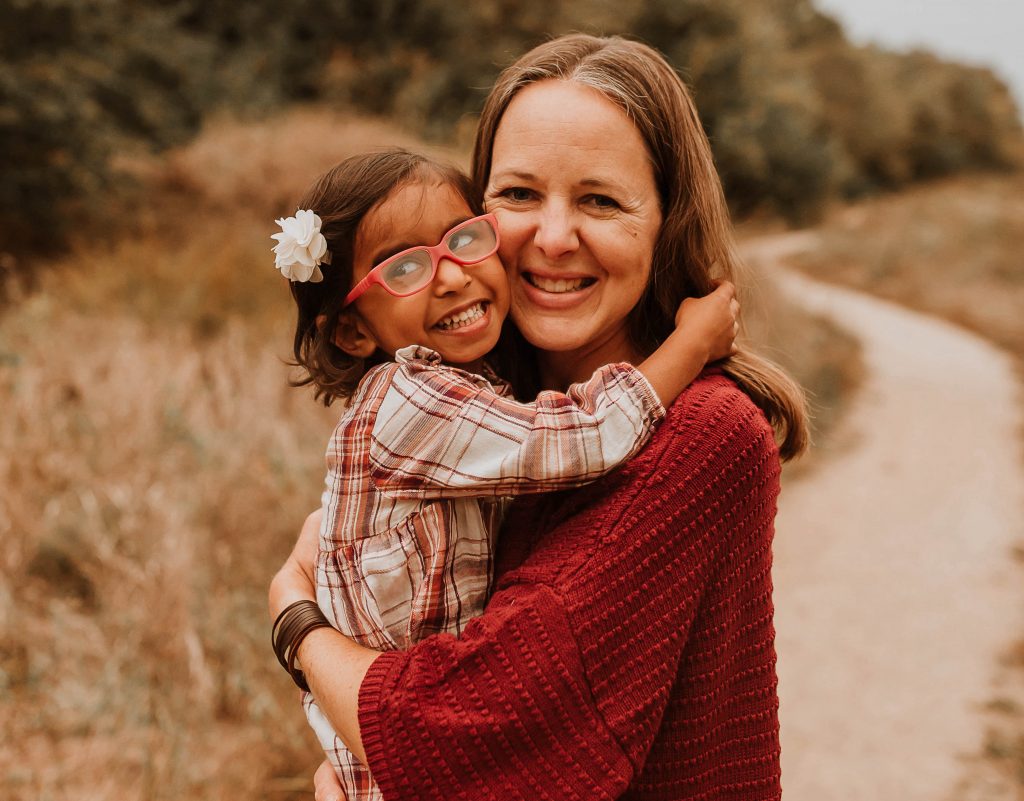
Please share with us a little bit about yourself.
I am a wife, mom, and pediatrician. My husband is a pastor here in Birmingham, Alabama We adopted twin daughters from China when they were 11 months old. Nine years later, we adopted a 12-year-old daughter from China. These precious girls are now 17, 17, and 20 years old. In my free time, I enjoy all things muddy … motorcycles, jeeps, and Golden Retrievers.
How did you become involved with The Adoption Clinic at Children’s of Alabama?
Since my teen years, I have wanted to work with children in foster care and orphanages. When I finished my pediatric training at UAB (University of Alabama at Birmingham)/Children’s of Alabama, I was able to start the UAB Adoption Clinic. That was 20 years and thousands of patients ago. What a blessing it has been to me and my family!
What distinguishes The Adoption Clinic from a typical pediatrician’s office or children’s clinic?
We are an interdisciplinary staff with years of personal and professional experience specific to children who have been adopted from difficult situations. These kids have missed many years of adequate healthcare. Catching them up is very complex. It is not something you can do in a 15- to 30-minute visit to your pediatrician’s office. At our clinic, we assess the child’s medical special needs; nutritional status; attachment progress; sleeping habits; dietary habits; overexcitabilities, such as anxiety; ADHD (attention-deficit/hyperactivity disorder); and sensory-processing differences. We do extensive labs to rule out infectious diseases, anemia, parasites, and other laboratory screening that are needed in these children. We take a deep dive into their histories to find if there is trauma that still affects their daily lives. We also look at the family as a whole by assessing how siblings and parents are going through the adoption process. We regularly hear from our families that they feel they can tell us things they are not able to express elsewhere and that makes them feel supported during this time of adjustment.
What are the most common medical special needs you see at the clinic?
We have seen every special need you can think of at this point. We do see a lot of cleft lip and palate, orthopedic differences, heart defects, cerebral palsy, spina bifida, blindness, seizures, hearing deficits, Down syndrome, severe anemias and malnutrition, and infectious diseases, such as HIV. Honestly, there is no special need that I have not seen since adoptive parents are brave people. They are giving people that, with enough resources, could give all children [who have been orphaned] a beautiful family.
For families considering adoption, particularly the adoption of a child with special or medical needs, how would you encourage and/or counsel them in the decision-making process?
Get the [child’s] file reviewed by an adoption medical professional prior to making your final decision to adopt. This is a lifelong decision. The price it costs to have that file reviewed by an adoption clinic pediatrician, who has been looking at these files for years, is invaluable. These files can be difficult to read, and there are many nuances in the file that cannot be interpreted by a physician whose training is not in this area.
When a family first welcomes home their child, what are some of the first steps you share with them to ensure they’re caring well for their child’s medical needs?
When a child [who is newly adopted] comes to my clinic, [he or she] is seen by myself or our other pediatrician, an occupational therapist, and a family therapist. The visit is four to five hours long. We talk about all aspects of the child’s physical, emotional, and developmental health. It can be overwhelming, but our goal is to have the family leave knowing what the priorities are for getting started on caring for all of the child’s needs. Once we get the key areas handled, then we can begin to address the rest of the list of the child’s needs. Also, we don’t expect parents to remember everything discussed in the visit. It is too much for parents to do alone. This is why we see them back regularly. We want to come alongside them to help the child heal over the long haul since it is such a complex process.
What other resources would you point families to in helping them navigate barriers to medical care for their child?
You are your child’s best advocate. If the hospital you are using is not trauma-informed, be sure you are able to explain why your child may need a different approach during [his or her] clinic visit or hospital stay.
What encouragement can you share with families that are caring day in and day out for a child with medical or special needs?
You are not alone. I have been where you are as a mom. Most of my staff have been there as well. It can be lonely, and that loneliness can drain the joy out of this amazing journey. Please reach out early and often. If we can catch problem areas low before they escalate, we can often keep them from becoming so difficult.
Knowing that organizations, like Show Hope, are supporting families more holistically on the adoption journey, how are you encouraged as a physician, serving a particularly vulnerable population?
Where do I start?! This is a hard journey. It is so necessary that families prepare financially for the needs of the child once [he or she is] home, not just for the [initial] adoption costs. Caring for children [who have been orphaned] is challenging for parents, and it is also challenging for our staff. We hear the hardest of the hard stories every day. Caring for these kids takes so much time and emotional effort that health insurance companies do not recognize in adequate payment, so our clinic is always concerned about finances. We try very hard to keep our prices as low as possible for families. Because of this, our staff sacrifices time, money, and a large part of their hearts for these kids. These women I work with blow me away every day in their selflessness. I always want to pour encouragement and support into them. Show Hope coming alongside these families with us fills our staff with courage and renewed energy to move forward. It reminds us that we are not alone in our passion for these children to heal and reach their greatest potential medically, intellectually, and emotionally.
